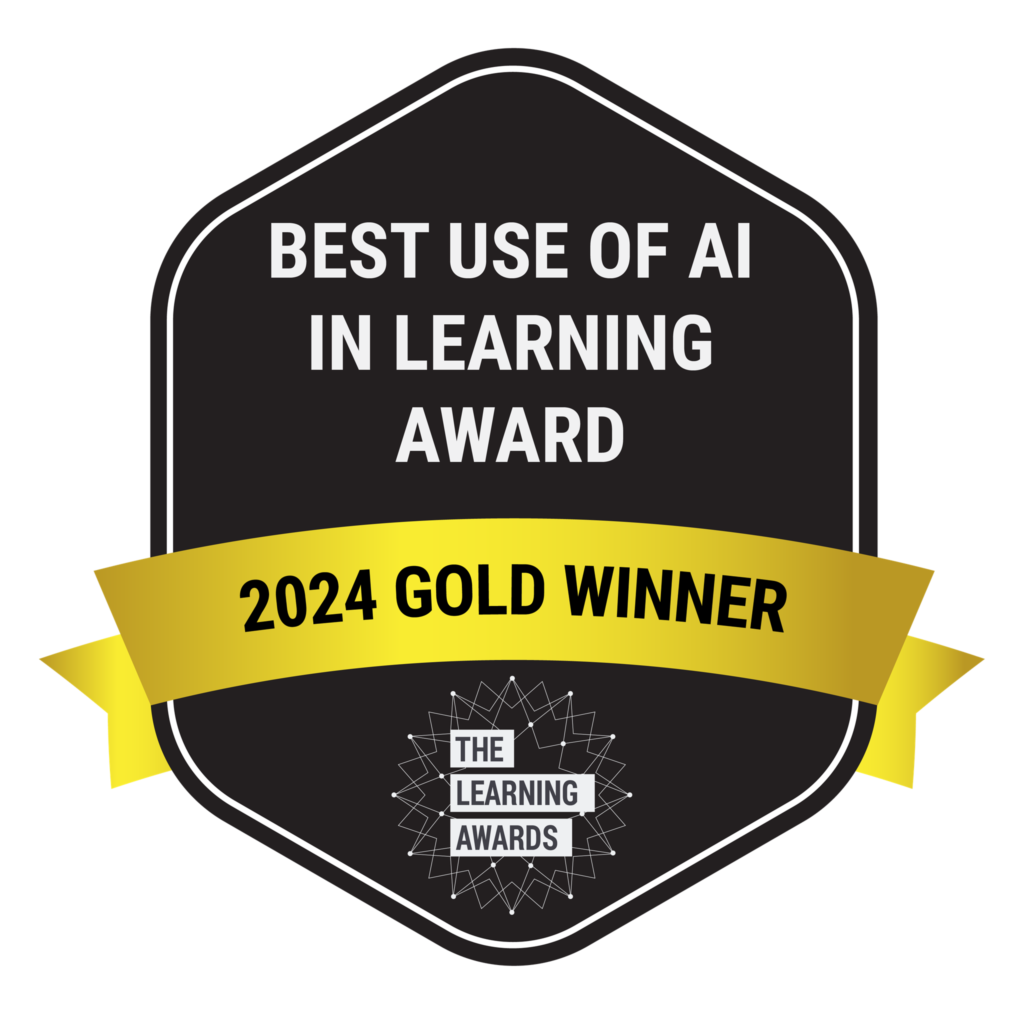After a long period of stability, the professional development and learning sector is undergoing some changes, driven by two factors: new technology and the increasing demands of customers and clients.
Beginning with the ‘customers’, modern learners are more keenly aware than ever that having up-to-date skills is essential for financial as well as career progression. Those who do not keep honing their skills and knowledge risk being left behind, and right next to professional development sits also the requirement to develop personally, expanding one’s skill set, too.
Even in a benign economic climate this would be a driver, but we are not in a benign economic climate. Budgets are being cut, workforces are reduced in size, and salaries are frozen. Wise professionals know that they must keep moving forward if they are to thrive. However, there are key elements that must be provided to meet the needs of the modern learner.
Five things that modern learners need
Professional development learners have needs that HR departments and learning leaders must consider. Taking into account available resources and budgets, modern learners need the following:
- Learning that is comprehensive and effective, not only giving them new skills and knowledge but also the confidence to trust what they have learned. Rote learning and passive learning aren’t helpful at all in the modern workplace. Instead, active learning with ongoing confidence testing and contextualisation ensures that new information is retained and understood, and ready to be recalled when required.
- Access to courses and development opportunities that are tailored to their existing and future roles within the organisation, or their wider career goals. Ideally, this should also have social relevance, since modern learners care deeply about a wide range of inequalities and need to feel that their work is ethical. All new skills and knowledge gained should be part of a learning journey that helps the modern learner fulfil their goals as well as their potential.
- Support from mentors and other professionals in their field, so that they know they can ask questions at any time. It’s also important that they are able to work collaboratively with their peers. Modern learners get the most out of learning material when they can discuss it with more experienced colleagues, learn from each other, and pass on experience and knowledge to those more junior. Such broad support helps shorten the learning time and makes learning more effective.
- Qualifications and certificates from respected governing bodies; something to prove that they have taken steps to develop their skills and increase their knowledge. This is a symbiotic relationship. Governing bodies ensure that learners receive valued recognition for their learning achievements, while also helping to create and maintain industry-standard learning goals in collaboration with organisations.
- Learning materials that are up-to-date and relevant to the needs of both the organisation and the learner. All content must reflect the current state of the organisation’s industry sector, the learner’s individual knowledge status, and the organisation’s specific requirements. It must also be well presented, utilising evidence-informed practice and design principles. Modern learners are used to high quality media experiences and they expect the same from their learning materials. Boring slide-shows and poorly-written documents don’t help the learning process – they hinder it.
Learning that doesn’t fit these criteria risks doing more harm than good, failing to keep the learner fully up-to-date, or giving them a false confidence in their skill-set. Both the learner and the organisation will suffer if these needs are not met.
How is new Technology helping?
AI-based learning tools are having a dramatic impact on L&D for modern learners. Adaptive learning solutions offer much more than information delivery. They measure what learners know, measure how confident they are, improve both their knowledge and confidence, and close the confidence gap.
With AI-based systems, modern learners each take their own, tailored path through the learning process. The path is as unique as they are, based on their learning needs, their current state of knowledge, their confidence in that knowledge, and their measured progress. It’s like having an experienced instructor working with every individual, identifying each learner’s requirements and delivering on them.
OBRIZUM is the AI learning technology & data analytics company for enterprise businesses.
We leverage automation, adaptability and analytics to deliver adaptive learning experiences at scale.
Find out how OBRIZUM can help unlock the potential of your business by speaking to our team.




